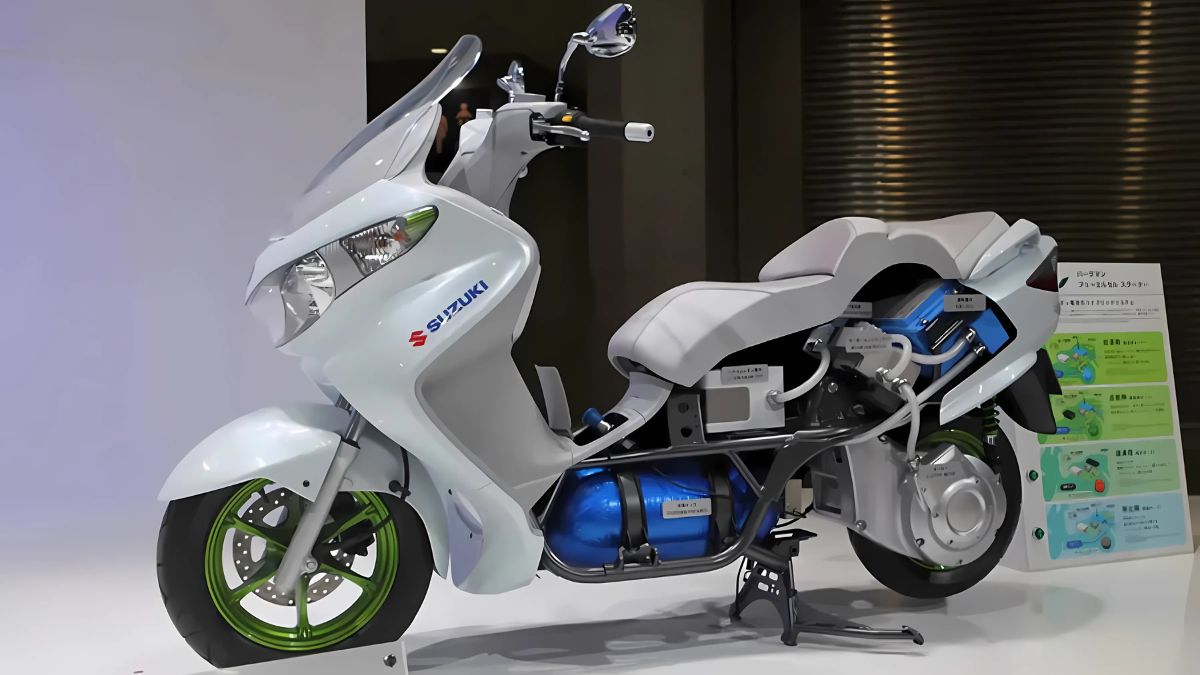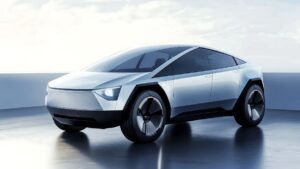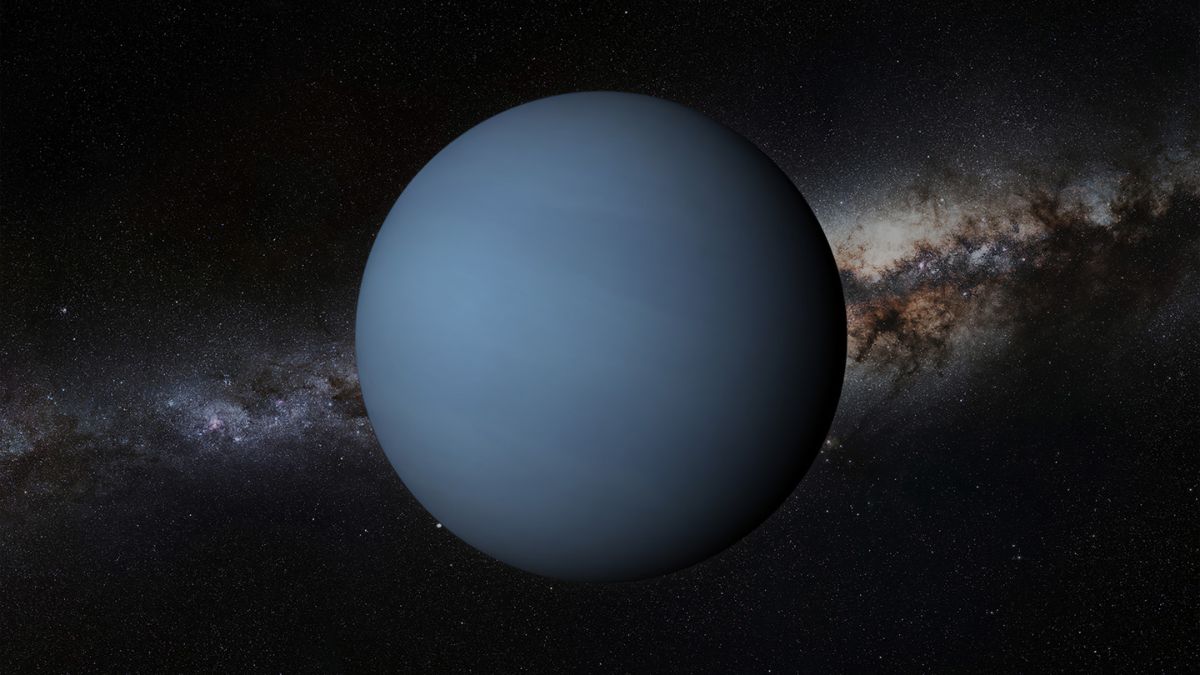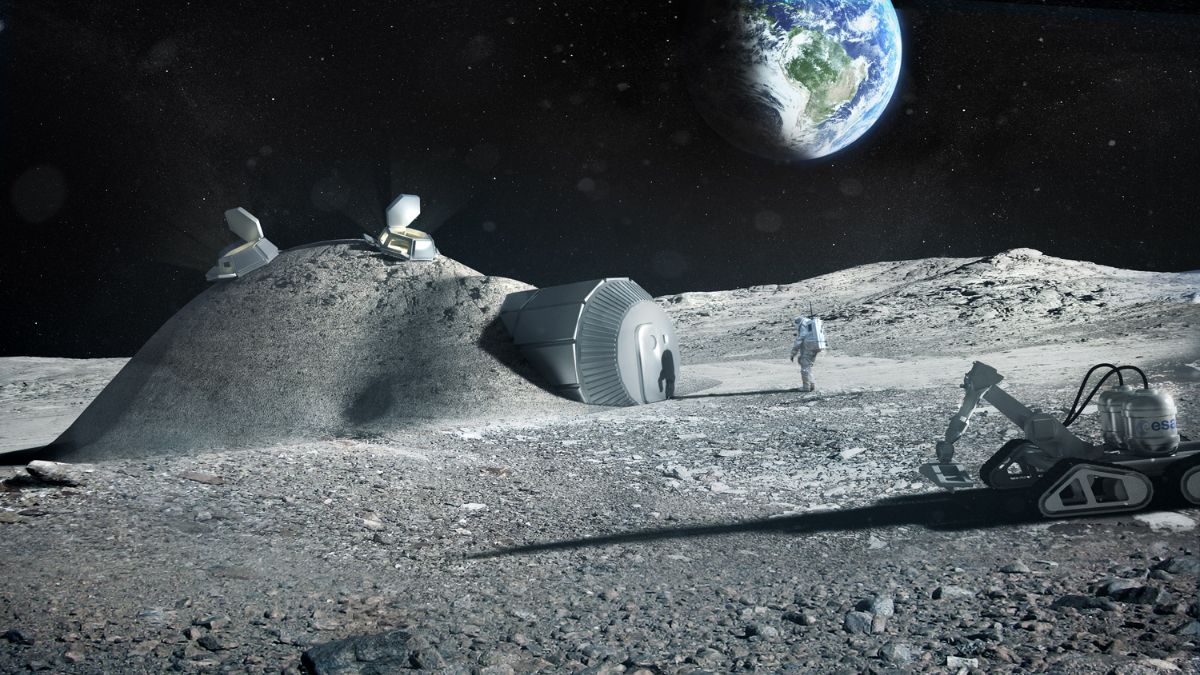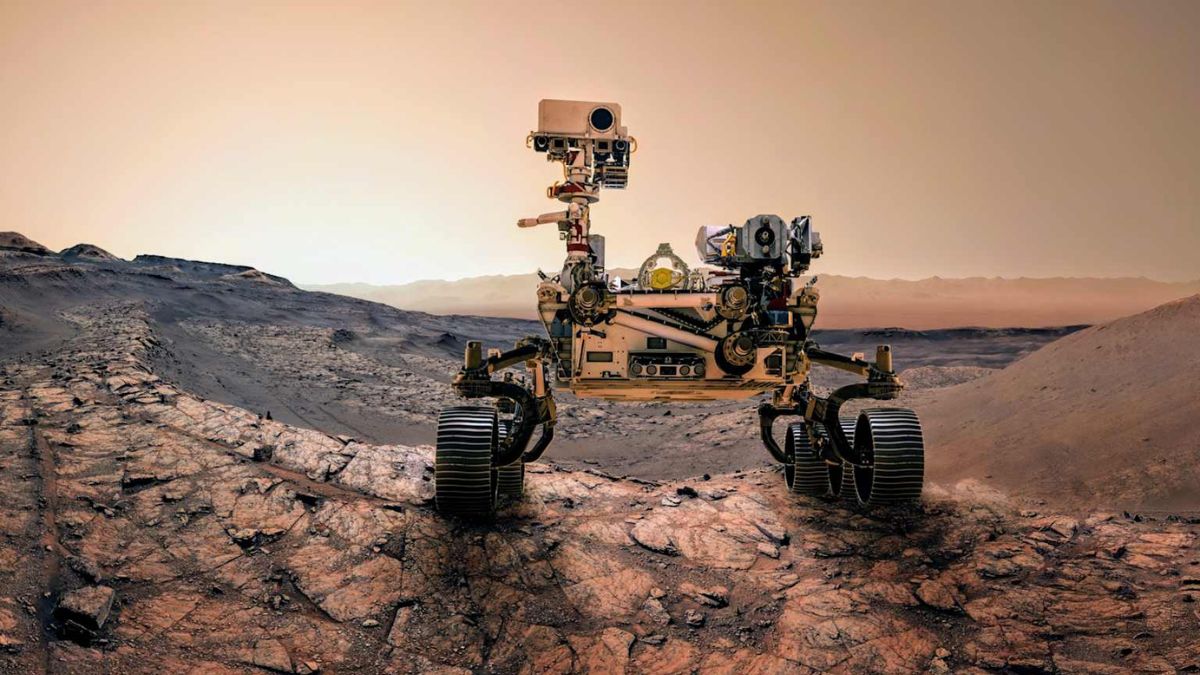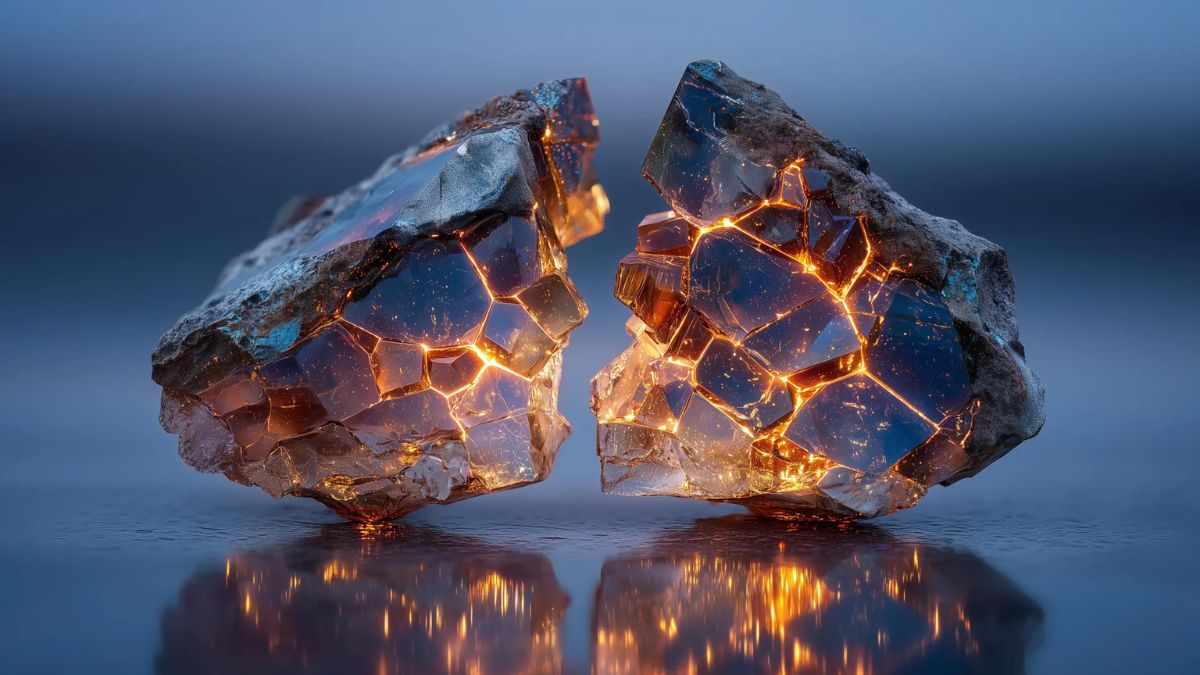Hydrogen-powered vehicles aren’t exactly a new concept, but for Suzuki, it’s a bold leap into an alternative future. While many brands chase battery-powered electrics or hydrogen fuel cells, Suzuki is exploring a less-traveled path: hydrogen combustion engines. And yes, it’s exactly what it sounds like — burning hydrogen gas inside a regular engine, just like gasoline.
So, why is Suzuki going against the grain? It all comes down to practicality, cost, and compatibility with existing technology. Let’s cut into this interesting shift and see how Suzuki plans to reshape its engine strategy.
Suzuki
Founded back in 1909 by Michio Suzuki, the brand has come a long way from its early roots. Known for motorcycles, compact cars, and off-road vehicles, Suzuki has built a name around small yet efficient internal combustion engines. And now, the Japanese company is eyeing hydrogen as its gateway into cleaner energy.
While some brands lean into electric motors and fuel cells, Suzuki has chosen to start its hydrogen journey with motorcycles — particularly the Burgman 400. The original hydrogen version used a fuel cell system to convert hydrogen into electricity, powering an electric motor. But now, Suzuki wants to burn hydrogen directly in a combustion chamber — and that’s a game-changer.
Strategy
Suzuki’s latest experiment involves retrofitting its 400cc single-cylinder Burgman engine to burn hydrogen. Instead of reinventing the wheel with entirely new platforms, Suzuki is repurposing its existing engines to handle this cleaner fuel. This lowers production costs and simplifies the transition for manufacturers and consumers alike.
Why burn hydrogen instead of using a fuel cell? It’s cheaper, allows quicker tech adaptation, and uses the same engine architecture already in place. Plus, there’s an existing ecosystem for engine maintenance — something fuel cell vehicles don’t yet have.
Hydrogen
So, what’s the difference between burning hydrogen and using hydrogen fuel cells?
| Technology | How it Works | Pros | Cons |
|---|---|---|---|
| Hydrogen Combustion | Burns hydrogen in a regular engine | Cheap, uses existing engines | Produces NOx, less efficient |
| Hydrogen Fuel Cell | Converts hydrogen into electricity silently | No emissions, very efficient | Expensive, slower rollout |
Fuel cells are cleaner — they don’t emit NOx — but they’re pricey and need brand-new infrastructure. Hydrogen combustion engines, on the other hand, produce some emissions but are way easier (and cheaper) to integrate into today’s vehicles.
HySE
This shift isn’t happening in isolation. Suzuki has joined forces with Honda, Yamaha, and Kawasaki to form HySE — short for Hydrogen Small mobility & Engine technology. Together, these giants are pooling their engineering muscle to build small hydrogen combustion engines, focusing on motorcycles and compact mobility.
Right now, Suzuki’s hydrogen-powered Burgman is just a prototype. But the idea is to create an affordable transition option — bridging gasoline engines with cleaner technology, without jumping straight into complex electric systems.
Future
This collaboration signals a new era for motorcycle manufacturers. Instead of betting everything on full electrification, they’re looking for flexible, clean alternatives. Suzuki’s approach may not be the most efficient, but it offers a practical way to reduce emissions while keeping costs in check.
Will it replace electric motorcycles anytime soon? Probably not. But for riders who still want the feel of a combustion engine — with fewer emissions — hydrogen could be the answer.
Suzuki’s gamble on hydrogen combustion is all about balance: cleaner energy, lower costs, and minimal disruption to existing systems. It’s a middle ground that could bring sustainable transport to the masses faster than anyone expected.
FAQs
What is Suzuki’s new hydrogen engine plan?
They’re developing hydrogen combustion engines for motorcycles.
Why not use hydrogen fuel cells?
Combustion is cheaper and works with existing engine platforms.
What is HySE?
A partnership between Suzuki, Yamaha, Honda, and Kawasaki.
Which model is Suzuki testing?
The hydrogen-powered Burgman 400 scooter prototype.
Is hydrogen combustion eco-friendly?
Cleaner than gas, but it still produces some NOx emissions.

